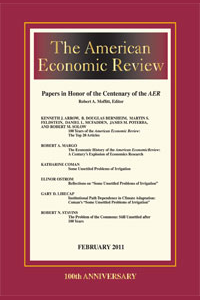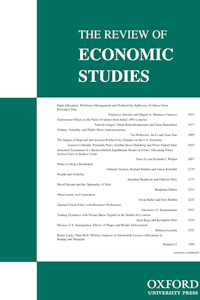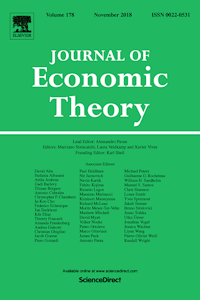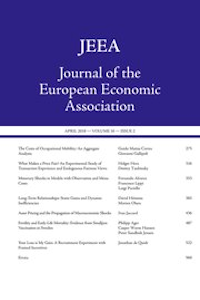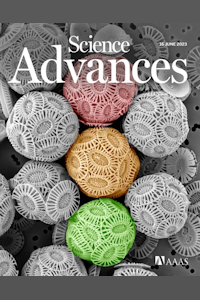
Bowman, E., Coghill, D., Murawski, C. and Bossaerts, P.
Not so smart? “Smart” drugs increase the level but decrease the quality of cognitive effort
Science Advances
Vol. 9(24) (2023)
Abstract: The efficacy of pharmaceutical cognitive enhancers in everyday complex tasks remains to be established. Using the knapsack optimization problem as a stylized representation of difficulty in tasks encountered in daily life, we discover that methylphenidate, dextroamphetamine, and modafinil cause knapsack value attained in the task to diminish significantly compared to placebo, even if the chance of finding the optimal solution (~50%) is not reduced significantly. Effort (decision time and number of steps taken to find a solution) increases significantly, but productivity (quality of effort) decreases significantly. At the same time, productivity differences across participants decrease, even reverse, to the extent that above-average performers end up below average and vice versa. The latter can be attributed to increased randomness of solution strategies. Our findings suggest that “smart drugs” increase motivation, but a reduction in quality of effort, crucial to solve complex problems, annuls this effect.
Author links: Peter Bossaerts
Publisher's Link: https://doi.org/10.1126/sciadv.add4165 ![]()

